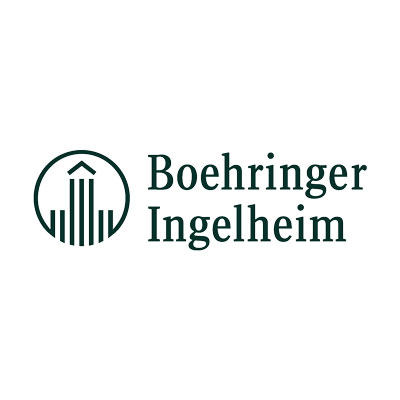Washington, D.C. (September 13, 2022) — The Human Animal Bond Research Institute (HABRI) announced today that Independence Pet Group (IPG) has become an official supporter of HABRI and its scientific research on the mutually-beneficial relationship between people and companion animals.
“Independence Pet Group’s mission is to strengthen the unique bond between pets and their people through our innovative products and services,” said David Kettig, CEO of IPG. “We are excited to work with HABRI to further our common goals.”
Scientific research demonstrates that having pets in our lives can lead to better physical and mental health for people of all ages. Importantly, the more pet owners learn about scientific research on the benefits of the human-animal bond, the more likely they are to take positive action including better pet care and more regular veterinary visits.
“HABRI is grateful for the support of Independence Pet Group, which is dedicated to helping pets and their owners with its lineup of products and services, including pet insurance, enabling pet owners to get access to quality veterinary care. IPG’s brands also work to support a more pet-friendly society through its Dogs At Work program and by working with companies of all sizes to provide pet insurance to their employees,” said Steven Feldman, President of HABRI.
According to HABRI research, pet-friendly companies are better able to attract, retain, and engage employees, as well as showing care and concern for both employee and pet health. More than ninety percent of employees who work for pet-friendly companies feel their employer supports their physical health and mental wellbeing, significantly more than companies that do not have policies that accommodate pets.
“Independence Pet Group looks forward to joining forces with HABRI to champion the human-animal bond across all aspects of society,” added Kettig. “At IPG, we know just how important the human-animal bond is and we want to help elevate the world’s understanding of pets and how to care for them.”
About Independence Pet Group
Independence Pet Group, Inc. (“IPG”) is an integrated, full-stack pet insurance platform. It offers a comprehensive range of underwriting options, turnkey partner solutions, and consumer-facing insurance products through its wholly owned subsidiary, Independence American Insurance Company (“IAIC”), a leading provider of underwriting services to the pet insurance sector licensed in all 50 states. Its subsidiary, Pet Partners, Inc., distributes and administers IAIC policies through world-class pet insurance brands AKC Pet Insurance and its group pet brand, PetPartners. Also part of the IPG family are Figo Pet Insurance LLC, a leading direct-to-consumer brand which utilizes a highly engaging and mobile friendly Pet Cloud that allows consumers to manage their pet’s healthcare, socially engage with fellow pet parents, and easily discover and locate services within the pet ecosystem; and Third Party Pet (a marketing name owned by Pawsitive Solutions, LLC), providing business services to breeders, pet retailers and their customers ranging from live pet inventory management software, scheduling and facilitating adoptions, micro-chip and registration services and customized pet products. https://www.independencepetgroup.com/
About The Human Animal Bond Research Institute (HABRI)
The Human Animal Bond Research Institute (HABRI) is a not-for-profit organization that maintains the world’s largest online library of human-animal bond research and information; funds innovative research projects to scientifically document the health benefits of companion animals; and informs the public about human-animal bond research and the beneficial role of companion animals in society. For more information about the HABRI Foundation, please visit www.habri.org.
Contact
Hayley Maynard
Hayley@inspireprgroup.com
614.701.8205
Amanda Trcka
atrcka@petpartners.com
203.231.9975
###





